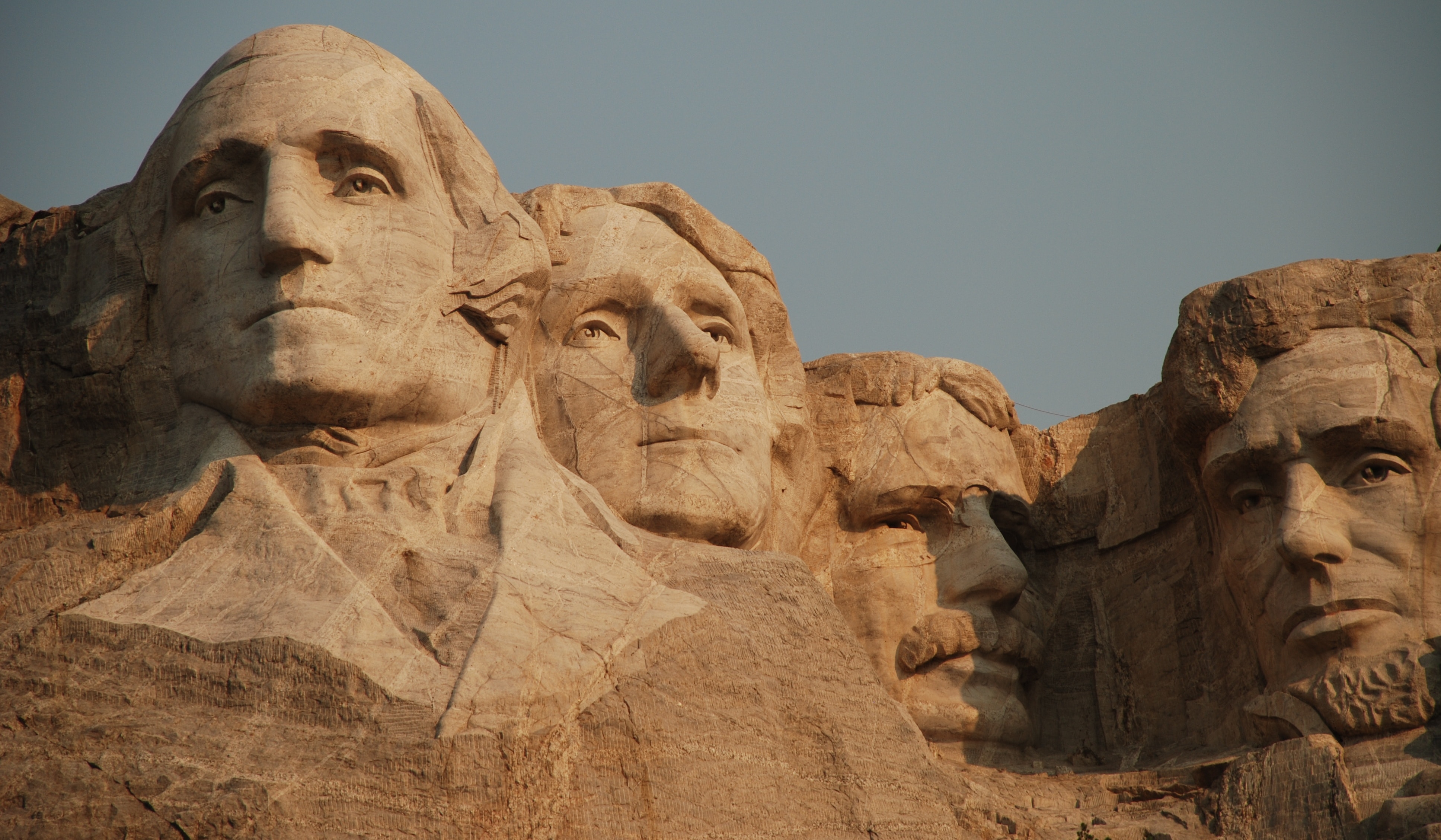Recent articles:

US POLITICS
09 Sep 2023 - Didier Donald Chodak
In 1789, nine states ratified what now is the supreme law of the United States - the Constitution. Since its enactment, it has been amended a total of 27 times; the last time being 31 years ago.
Each amendment was driven by a strong will to correct inequalities, expand and protect the rights of the American people, and reflect the popular will.
What the 28th constitutional amendment could be is an end to the natural-born citizen clause. This requirement lies in Section 1 of Article Two, mandating under clause 5 that “no Person except a natural born Citizen… shall be eligible for the Office of President.” In essence, anyone who was born to non-American citizens and outside of U.S. territory can never hold the highest office in the land. Despite Supreme Court rulings, like that of Scheider v. Rusk (1964), which upheld that U.S. citizenship can be conferred to someone who was born to Americans, even if abroad, there still remains controversy on the topic. This came true for example in 2016, when Senator Ted Cruz was accused by fellow Republican presidential candidate Donald Trump of being an ineligible Canadian running for office.
This controversial constitutional requirement means that over 20 million naturalized citizens (approximately 6% of the population) are barred from ever holding the presidency. They are not, however, refused a seat on the Supreme Court or any other office in federal, state, and local governments (besides that of the vice president). This stands in contrast to many Western allies of the U.S., like the United Kingdom, Germany, or France, where any foreign-born national can be head of government or of state.
At the time of writing the Constitution, the founding fathers feared that the British would attempt to infiltrate their nation to regain control, which seems unlikely in the current political climate. As of the 118th Congress, immigrants and children of immigrants make up 15% of the total membership. These individuals actively shape the laws of the land and yet are not subject to any restrictions. Through a system of checks and balances their powers, just like the President’s, are regulated to ensure that they are exercised in the best interests of their constituents.
Throughout America’s history, immigrants and foreign-born citizens have contributed to the enrichment of its economy, culture, and security. It wouldn’t be unfair to say that it is built by generations of immigrants who crossed over from other parts of the world, eager to work hard to seek a better life. From Elon Musk’s forays into electric cars and space travel to Sergey Brin’s transformative role in shaping Google’s ascendancy, from Madeleine Albright’s diplomatic prowess to Henry Kissinger’s strategic insights, these individuals are the very evidence that the American Dream is real. And yet, they are blocked from seeking the presidency due to the simple accident of birth.
Besides the issue with potential direct ties to governments of other nations, one might point to how foreign-borns cannot naturally be loyal to the U.S., because they do not understand American history and culture. However, a 2016 National Institute for Citizens & Scholars study revealed that as few as a third of Americans could even pass a citizenship test - a test that assesses one’s capability of being a citizen on the basis of one’s knowledge of geography, history, the nation’s institutions, etc. The difference, then, in one’s patriotism, between a hypothetical immigrant residing in the U.S. for the required 5 years that failed the test and a natural-born American, is only their place of birth. This points to a questionable and confusing mistrust of the intentions of foreigners.
Back in 2003, then-Senator Orrin Hatch (R-UT) proposed the Equal Opportunity to Govern Amendment, coinciding with the ascension of Austrian-born Arnold Schwarzenegger to the office of Governor of California. Besides being viewed by some as an attempt to propel the foreign-born former bodybuilder and actor to the Oval Office, Hatch asserted that a prolonged time of citizenship should be equated with a clear commitment to the United States. The proposal acknowledges the importance that time has in assimilating into American society, actively contributing to the country, and nurturing a profound connection to the place they’ve chosen to call home. Despite the Senator’s efforts, public officials have refused to lift a finger to expand equal opportunities for all Americans.
As the world grows more interconnected, the very definition of citizenship undergoes a renaissance. Insisting that true commitment to the United States is solely defined by place of birth overlooks the immense input and boundless potential of countless individuals who have embraced the American ethos. By striking a harmonious balance between recognizing the significance of residency and celebrating the mosaic of U.S. citizenship, the office of the president can and should become accessible to all Americans.
Photo by Ronda Darby on Unsplash
Recent articles:


